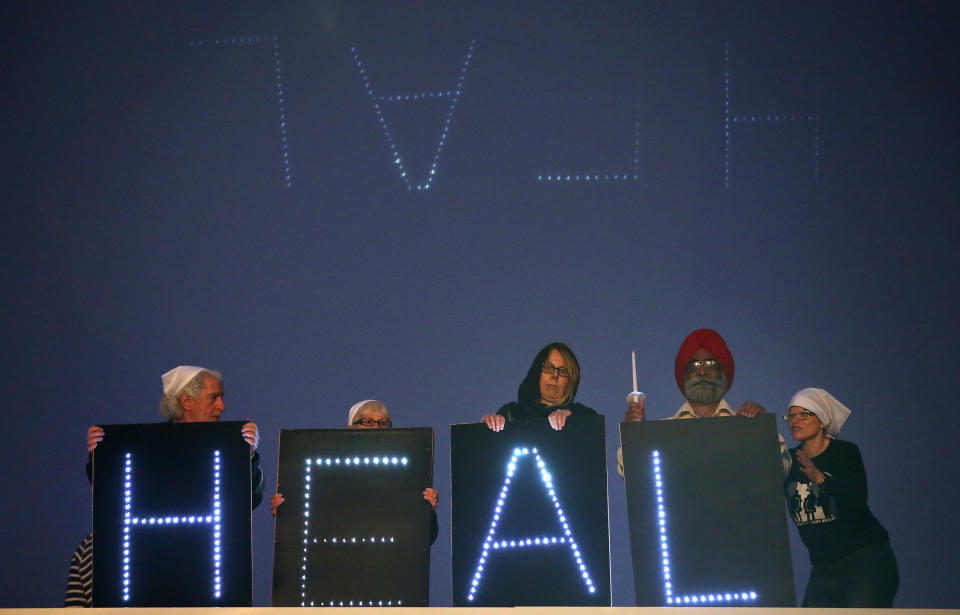Gavin Newsom Wants California Voters To Take On The NRA
California Lt. Gov. Gavin Newsom (D) proposed a ballot measure on Thursday that would bolster the state's gun laws and give California's voters a chance to do what the state legislature hasn't.
Newsom's call comes two weeks after a gunman killed nine other people at a community college in Oregon, again prompting anger and frustration nationwide over the lack of action to prevent mass shootings.
The proposed measure, written in conjunction with the Law Center to Prevent Gun Violence, has five components: banning most possession of high-capacity magazines, mandating background checks on ammunition sales, requiring individuals to report lost or stolen firearms, ordering the state to share data with the federal government on who is prohibited from owning guns, and strengthening existing laws aimed at keeping guns out of the wrong hands.
Newsom, who is running for governor in 2018,unveiled his proposal at a press conference in San Francisco, near the site of the 1993 massacre at101 California Street. That shooting, in which a gunman killed eight people and wounded six others at a law firm before killing himself, sparked a national conversation on gun control that eventually led to the passage of a federal assault weapons ban in 1994. (The law expired in 2004 and has not been renewed by Congress.)
On Thursday, Newsom pointed to the number of mass shootings in recent years, lamenting that lawmakers have failed to take any meaningful action toward preventing such incidents.
"We have the ability to do something about it," he said. "We have the capacity to turn things around."
Newsom noted that an advantage of passing firearms reforms via ballot measure is that it will bypass legislators who receive donations from the National Rifle Association.
"I'll say this to the NRA, with all due respect: You can intimidate politicians. We've seen that. You've been effective," Newsom said. "But you can't intimidate the public. That's why we're bringing this directly to the public."
Watch Newsom's remarks:
Newsom's measure needs to collect 365,880 signatures to qualify for next year's ballot. That shouldn't be much of a challenge in California, where a2013 Field Pollfound that 61 percent of voters believe it's more important to impose greater restrictions on gun ownership than to protect the right to bear arms. That same poll also found 75 percent support requiring individuals to pass a background check to buy ammunition and 58 percent back banning high-capacity magazines.
California already has some of the nation's toughest gun laws, including a 1999 ban on assault weapons. Additionally, cities including Los Angeles, San Francisco andSunnyvalehave adopted gun control measures of their own.
All of those proposals have been met with strong opposition from the NRA, whichweighed inon Newsom's proposal on Twitter:
As of last week, there have been more than1,000 mass shooting incidentsin the United States since January 2013. Meanwhile, Congress has failed to pass any meaningful legislation addressing the epidemic of gun violence.
Also on HuffPost:
1981: The Attempted Assassination Of President Ronald Reagan
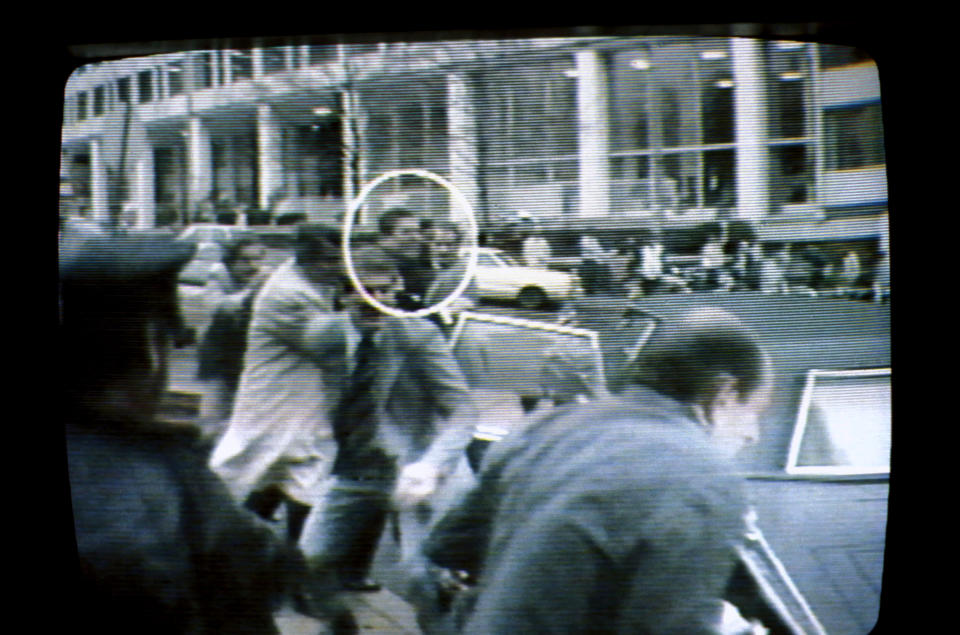
1993: The Brady Handgun Violence Act
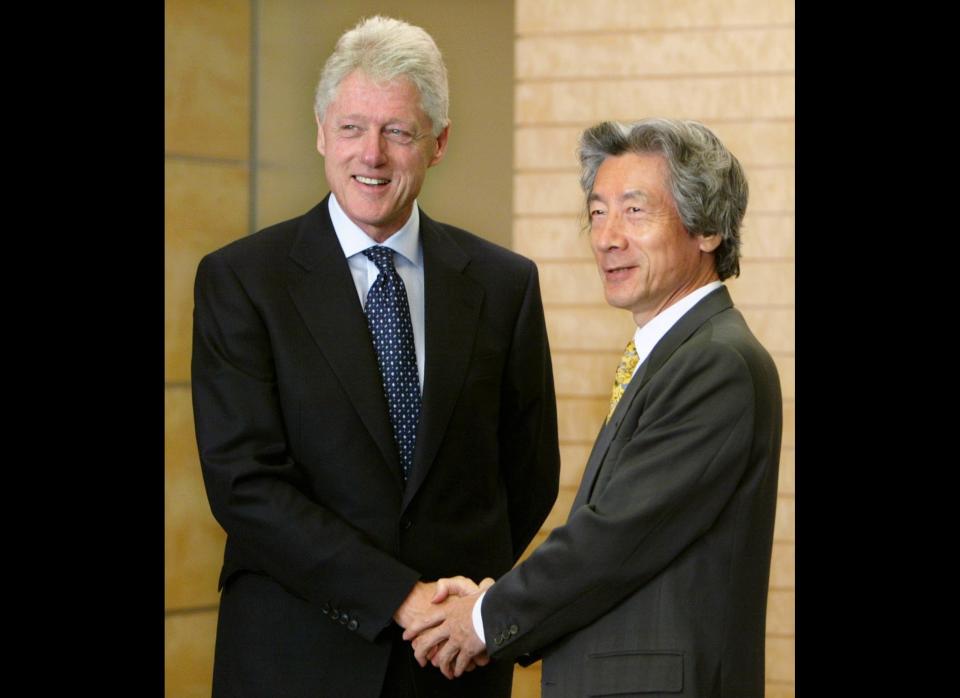
1994: The Violent Crime Control and Law Enforcement Act

2007: The U.S. Court of Appeals For The District Of Columbia Rules In Favor Of Dick Heller
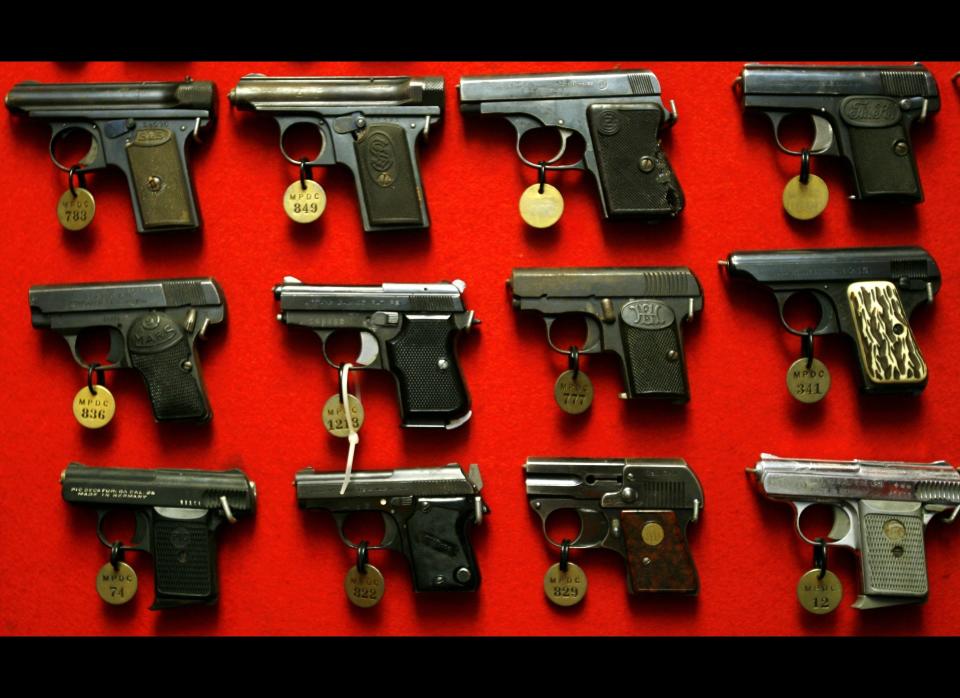
2008: Supreme Court Strikes Down D.C. Handgun Ban As Unconstitutional
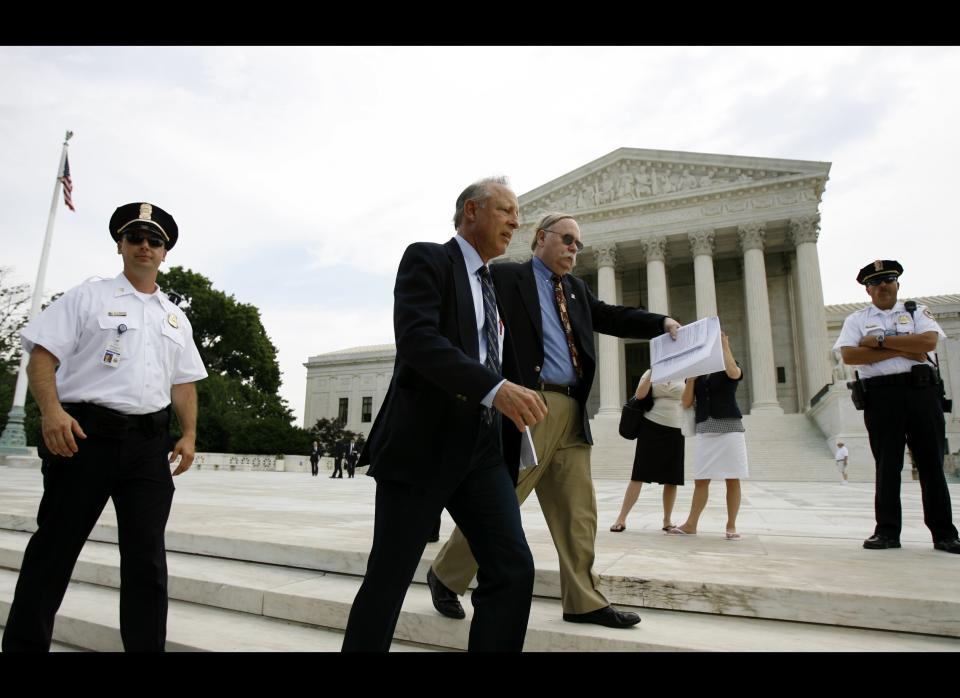
Gabrielle Giffords And Trayvon Martin Shootings
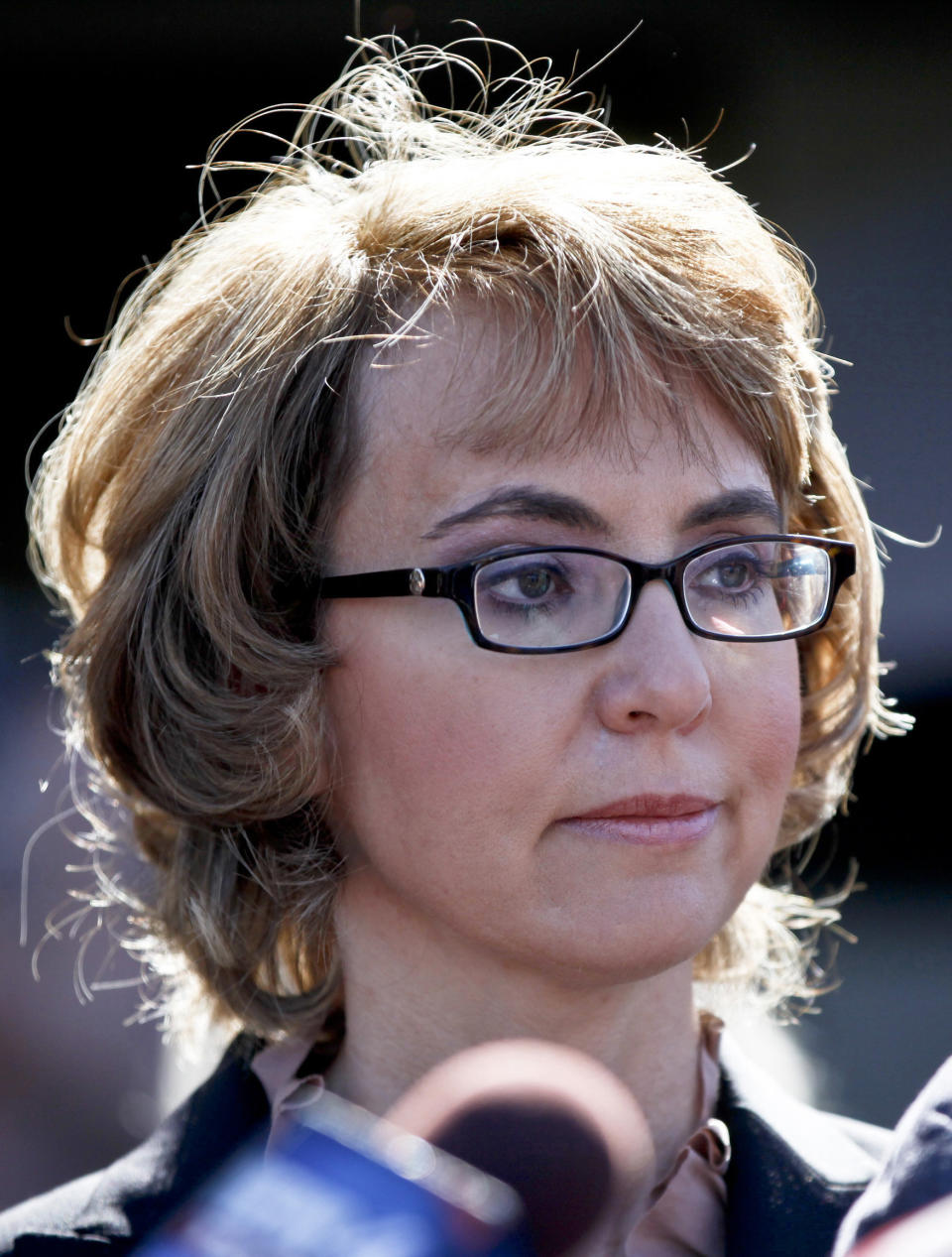
Colorado Movie Theater Shooting
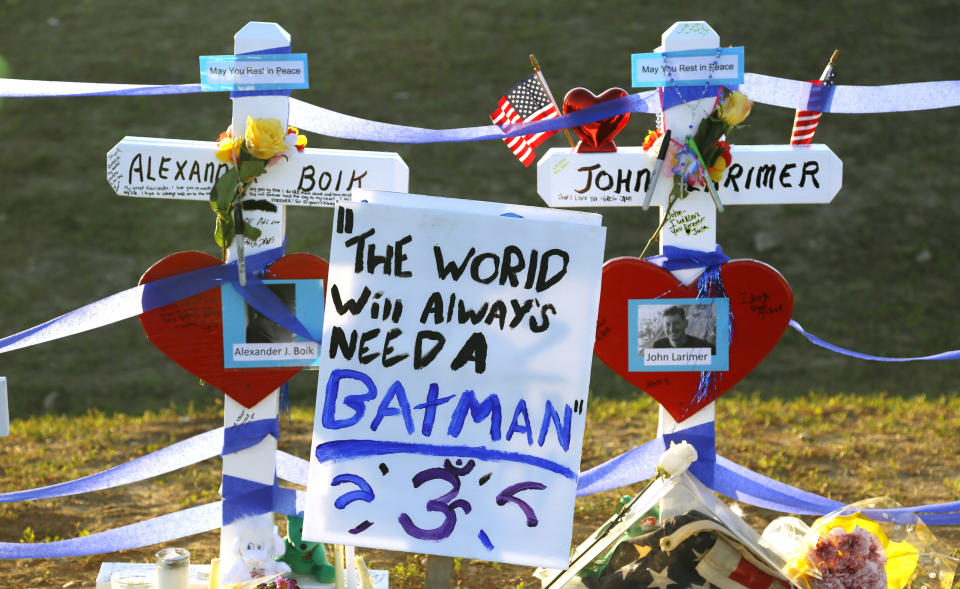
Sikh Temple Shooting
